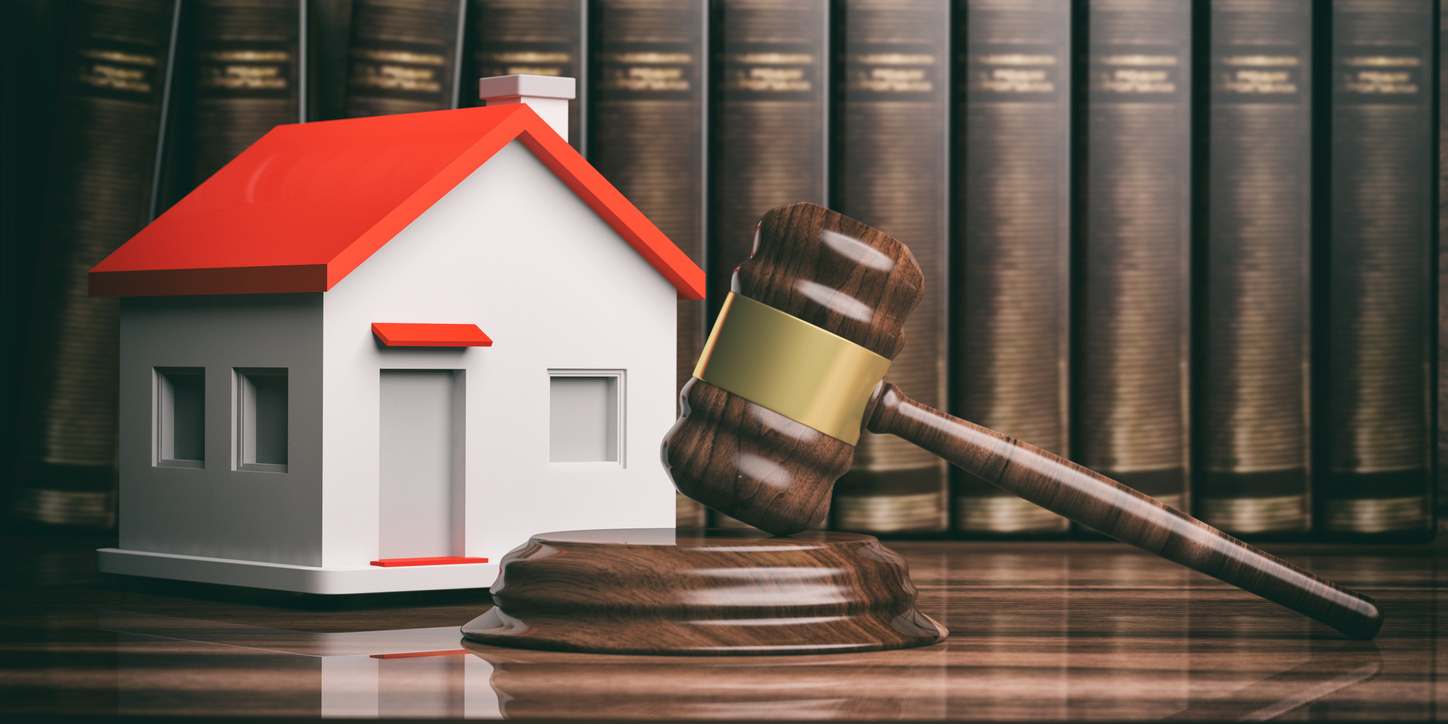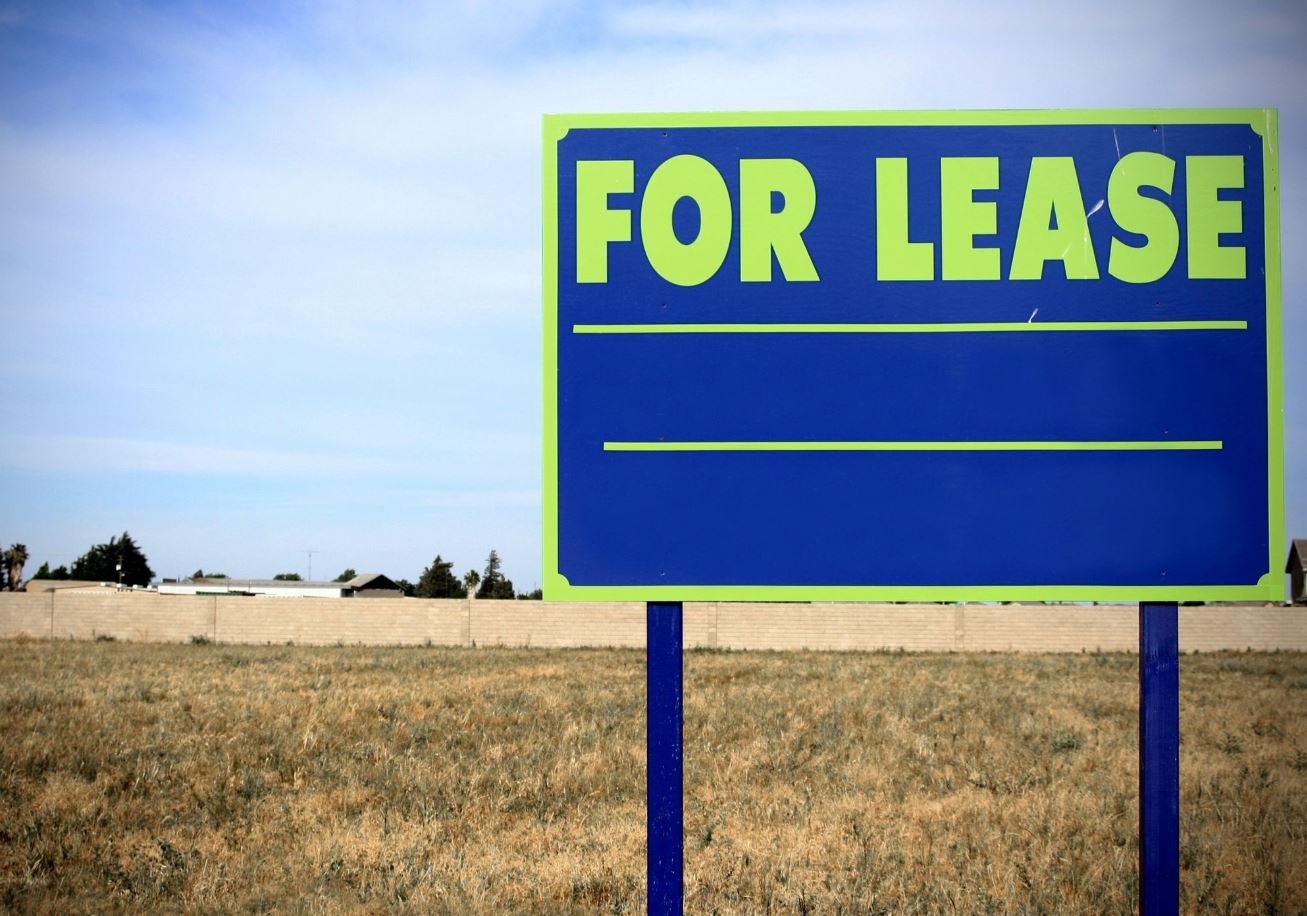Real property law in Vietnam is one of the main concerns that every foreign investor has when it comes to investing or purchasing Vietnam’s real estate. Ever since the new laws on housing came into force in 2014 and 2015, foreigners find it way less challenging to buy properties in Vietnam. In this topic, Alpha Housing will be discussing some of the most important Vietnamese laws regarding property rights.
According to Vietnam’s real estate regulations, these are the subjects that can possess houses in Vietnam:

However, there are still certain restrictions regarding foreigners owning houses within the territory of Vietnam:
In Vietnam, the people own land and the government administers the land on people’s behalf. That’s why both foreign or local citizens are not granted legal ownership of land. Citizens can only obtain land use right certificate (LRUC), which expresses their rights over the property. Only local Vietnamese people can own a LURC indefinitely, while foreign citizens are entitled to retain the certificate for no more than 50 years.
After 50 years, the government can either extend the LURC for foreigners or recover the land if the individuals or organizations didn’t obey Vietnam’s land law
Foreigners can choose to pay annual rental fees or pay the total lease amount at once. If you choose the first payment option, you can only utilize the property for stated purposes and sell assets as part of the property.
Meanwhile by paying the whole lease amount at once, you are allowed to sublease, mortgage or sell the land and the assets belong to the property.
There are 4 main methods to obtain a LURC and lease land in Vietnam:
The third method is considered the most convenient way to lease land in Vietnam since the landlord has most likely finished all the legal procedures before renting land.

Leasing land doesn’t require complicated steps, here are some key points that investors need to remember:
Step 1: Investors need to receive approval for your investment before signing any leasing agreement. The people’s committee at provincial level will give the investors a letter called “Approval in Principle”, which comments on the practicability of the project.
Step 2: Then, the organization who wants to rent land must be granted enterprise registration certificate and investment registration certificate.
Step 3: Finish the land lease contract and submit the registration form to the local Ministry of Natural resources and Environment (MONRE).
Step 4: Receive the LURC from the MONRE.
Foreign citizens in Vietnam who possess homeownership also have the same rights to sell their land as Vietnamese. However, there are some rules of which you should take notice:
Foreigners can obtain the Ownership of Residential House and Land Use Rights Certificate (also known as the Pink Book or homeownership certificate) through a contract of leasing. Foreigners are only allowed to have this form of property ownership in Vietnam.
The law stipulates that foreign citizens, companies and organizations can only provide real estate services in Vietnam. Only overseas Vietnamese and foreign capital companies can do real estate business.

Having a thorough understanding about real property law in Vietnam plays a decisive role in helping foreigners purchase houses or land in Vietnam successfully. However, it’s always recommended that you consult a real estate agent or attorney when selling or buying properties in Vietnam.
Learn more: Foreigners buying property in Vietnam